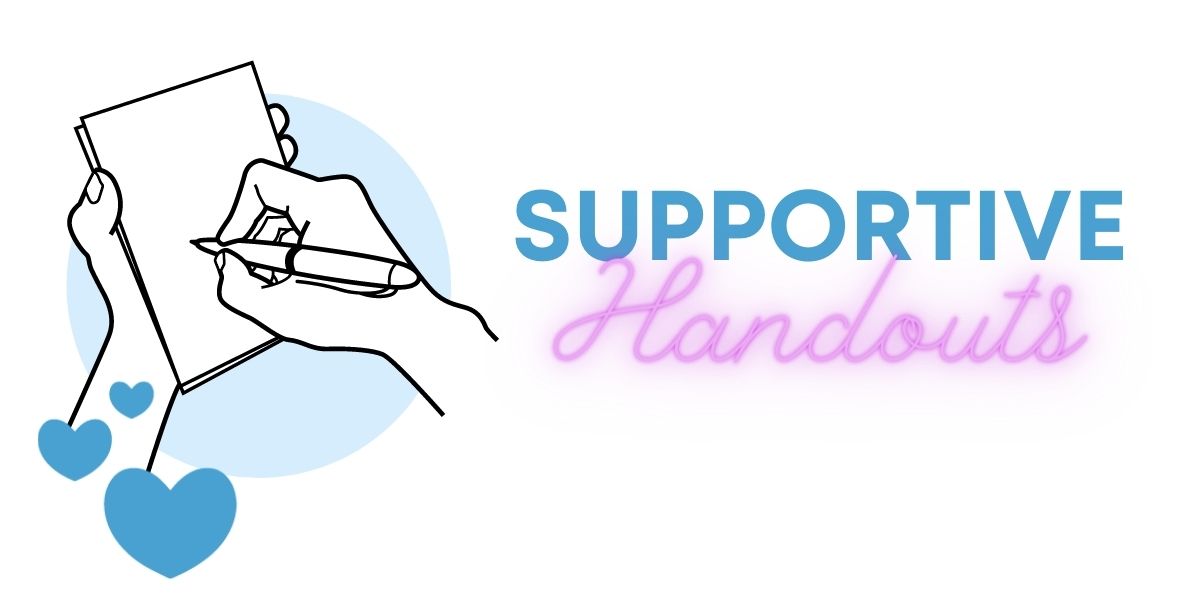Telehealth Therapy Across State Lines – 2 CE credit hours – 2021
Cross-Border Practice in the Age of Telehealth: Interstate and International Mental Health Practice, 2021 Edition
Join Roy Huggins, LPC NCC and Liath Dalton as they discuss the ever growing opportunities in this “age of telehealth” and how you can feel confident navigating them.
2 legal-ethical CE credit hour
On demand, Self Study and includes Q&A and handouts
On Demand Self Study
All new content reflecting the updated rules for 2021
This course keeps growing! Our 2020 version was just 90 minutes long, and this year, we’re updating and adding according to your feedback, we’ve got a full 2 hours of valueable information for you.
Some questions we will address in this year’s cross-border practice course:
- Which states or nations will allow me to work with clients within their borders?
- Will my own state allow me to work outside its borders?
- Can I travel out-of-state and work with clients back home?
- How do I find out if a state normally allows temporary practice from out-of-state?
- What is being done to remove barriers to cross-state practice in the US?
- How do PSYPACT, the Counseling Compact, and other such programs affect my ability to reach clients across borders?
- What risks do I need to manage when working across states?
- What risks do I need to manage when working with clients in nations that don’t regulate my professional practice?


Walk Through Tools with Confidence
Consider freely-available lookup tools to discover licensure board rules and COVID-19 emergency rules in foreign states and how they impact work with clients in those states or therapists travelling to those states.
We include how to use various tools including the PCT Teletherapy Rules By State tool and the Legality and Permissibility to Practice Across Jurisdictions in the United States worksheet.

Investigate Temporary Practice Provision
Detail different schemes of temporary practice provision and how they impact the clinician’s ability to work with clients who are present in foreign states.

Interjurisdictional Investigation
Pinpoint methods for discovering the circumstances of legal practice with clients present in nations outside the United States.

Plus: Cross-Border Due Diligence Documentation Worksheet
It’s the age of telehealth, and nearly all of us are now teletherapists
When therapists and clients can meet just about anywhere they have a decent Internet connection and a private space, the existing system of cross-border practice jurisdiction seems like an artifact of a bygone era — and one that stands in the way of access to care and continuity of care.
Despite the frustrations that stem from this state of affairs, there’s a lot of good news around cross-border practice! Even before COVID pushed us all into teletherapy, opportunities for legal, cross-jurisdictional practice were much greater than most therapists realized.
The research alone it took to compile the amazing worksheet tool you offered us today –as well as the 50 state tool– (that I have been utilizing for over a year now) –is profoundly appreciated & truly impressive. No other therapist organization or resource that I am aware of provides this kind of info, help or support.
So a BIG THANK YOU to PCT!
Course Details
This updated introductory-level course for counselors, clinical social workers, marriage and family therapists, and clinical and counseling psychologists will discuss the vicissitudes and rapidly shifting landscape of cross-jurisdictional practice in the post-COVID “age of telehealth.”
Title: Cross-Border Practice in the Age of Telehealth: Interstate and International Mental Health Practice, 2021 Edition
Authors/Presenters: Roy Huggins, LPC NCC; Liath Dalton
CE Length: 2 CE hours
Legal-Ethical CE Hours: 2 legal-ethical CE hours
Educational Objectives:
- Describe why cross-border practice might be illegal and 2 legal risks that accompany unpermitted cross-border practice
- Describe 3 different schemes of temporary practice provision and how they impact the learner’s ability to work with clients who are present in foreign states.
- Describe 2 methods for discovering the circumstances of legal practice with clients present in nations outside the United States.
Syllabus:
- Why do we even have to worry about cross-border/interjurisdictional practice?
- The role of licensing boards in the US.
- When and how foreign licensing board rules come into play.
- Concrete risks in illegal cross-border/interjurisdictional practice.
- 3 Types of Cross-Border Practice
- Client is in a foreign jurisdiction
- Therapist is in a foreign jurisdiction
- Client and therapist are both in foreign jurisdictions
- Getting answers about practice in foreign jurisdictions
- The info items a therapist needs to know about practice in a foreign jurisdiction to determine if it is legal to work from there or with clients there
- A process for getting these answers from US states
- A process for getting these answers in nations outside the US
- Current and Future Efforts to Reduce Interstate Practice Barriers
- PSYPACT, the Counseling Compact, and more
- Legislative efforts to reduce barriers
- Working with clients in foreign nations
- The difference between practice being permitted and practice not being forbidden.
- Some risks and benefits of Roy’s telepractice in Japan.
- A demonstration of finding potential information sources in nations where government websites are not written in English, or where information about practice licensure/registration is not findable.
- Working with clients in US states where one is not licensed
- Some specific state boards without any temporary practice allowance of any kind, and how we discovered that fact.
- Some specific state boards with temporary practice allowance rules, and how we discovered that fact.
- Some specific state boards that restrict the ability of therapists to work with clients while the therapist travels out of state.
Meet Our Presenters
Presented by Roy Huggins LPC, NCC with Liath Dalton

Roy Huggins, LPC NCC, is a counselor in private practice who also directs Person-Centered Tech. Roy worked as a professional Web developer for 7 years before changing paths and makes it his mission to grow clinicians’ understanding of the Internet and other electronic communications mediums for the future of our practices and our professions.
Roy is an adjunct instructor at the Portland State University Counseling program where he teaches Ethics and is a member of the Zur Institute advisory board. He has acted as a subject matter expert on HIPAA, security, and clinical use of technology for Counseling licensure boards, and both state and national mental health professional organizations. He has co-authored or authored 2 book chapters, and he routinely consults with mental health colleagues on ethical and practical issues surrounding tech in clinical practice. He served for 5 years on the board of the Oregon Mental Health Counselors Association and then the Oregon Counseling Association as the Technology Committee Chair.
He really likes this stuff.

Liath Dalton is PCT’s deputy director and a co-owner. Liath is especially passionate about helping therapists be resourced and supported in navigating the security compliance process and identifying the solutions and processes that meet the particular needs of their practices. Liath’s consultation area of expertise is focused on selecting the right combination of services and tech that not only meet the legal-ethical needs of mental health practices, but also the functionality, efficiency, and cost-effectiveness needs as well.
Additional Information
- Person Centered Tech, Inc. (2020). 50-State Emergency Teletherapy Practice Rules Survey for Counselors, MFTs, Psychologists, and Clinical Social Workers. Retrieved June 24, 2021, from https://dev-personcenteredtech.com/50-state-emergency-teletherapy-practice-rules-counselors-mfts-psychologists-social-workers/
Further citations to be used are currently TBD. Here are some likely citation sources, although there may be more or fewer at presentation time.
- State codes for licensing boards or telehealth rules in:
- Alabama
- Mississippi
- Arizona
- Colorado
- Maryland
- Florida
- Possibly others
- NHS in the UK
- Possibly others
Accuracy, Utility, and Risks Statement: This program discusses strategies for complying with HIPAA, state rules in general, and covered ethics codes. It may not include information on all applicable state laws. Misapplication of the materials, or errors in the materials, could result in security problems, data breaches, or non-compliance with applicable laws or ethics codes.
Conflicts of Interest: None noted
Commercial Support: None
